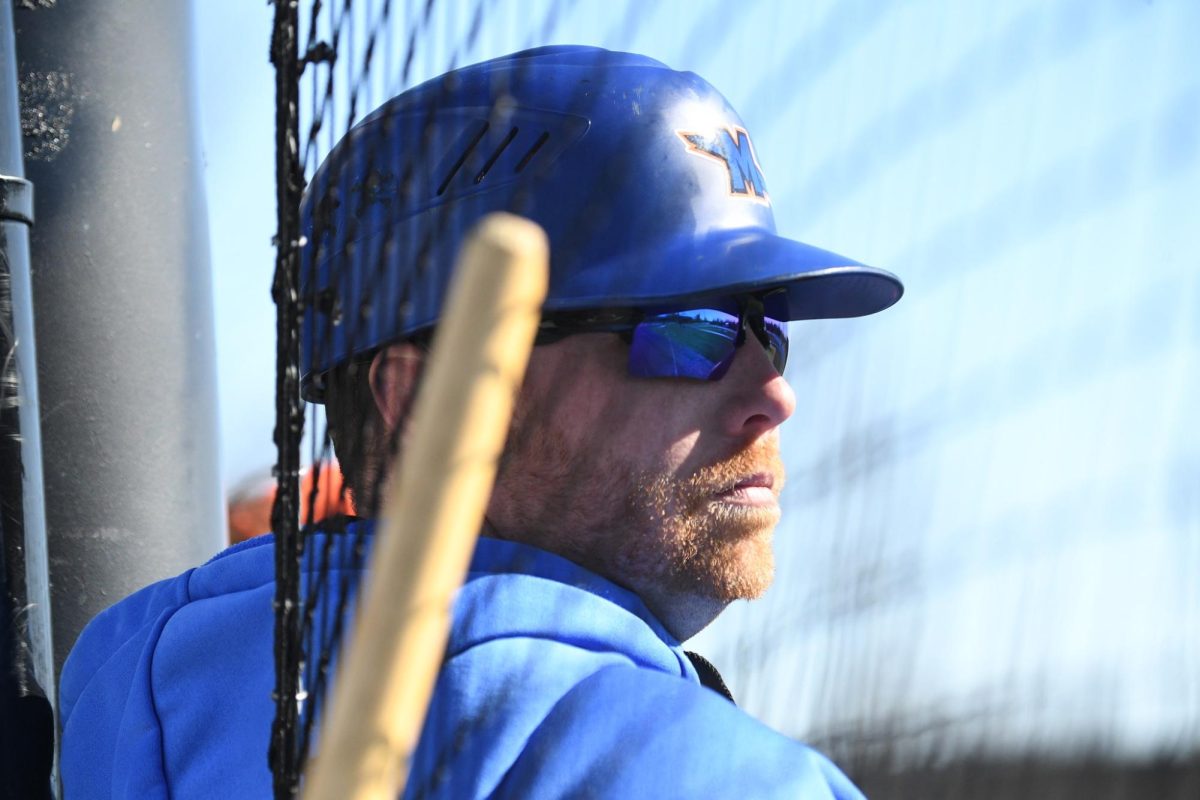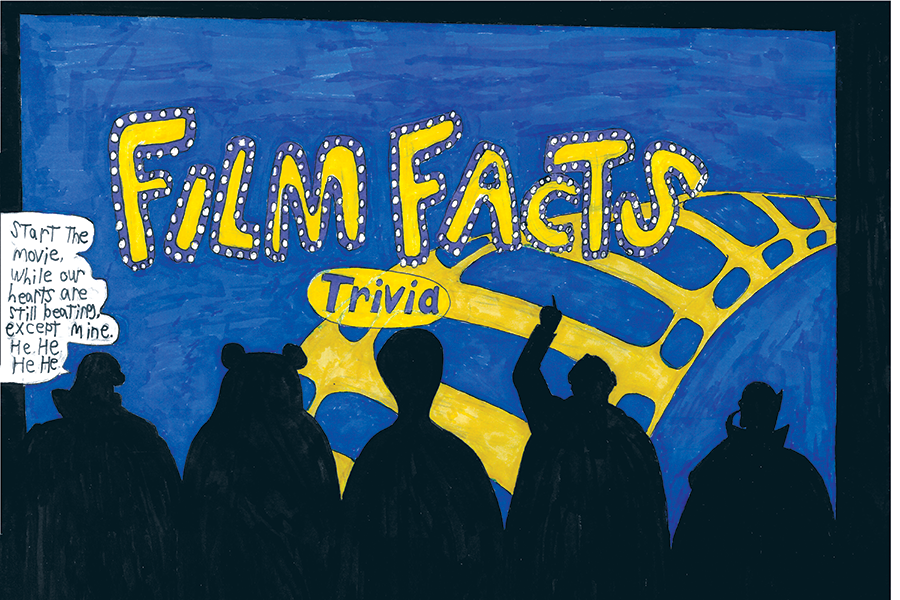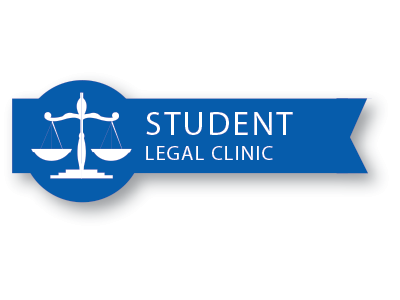College Seeks to Reduce Elective Credits for the Funeral Services Program with the Aid of Instructor
Program Currently Requires 93-94 Credits for Completion
Currently, funeral service students need 93-94 total credits to receive their degree, while every other program at MATC and within the Wisconsin Technical College System requires 60-65 credits. The checklist of courses includes core subjects like anatomy, chemistry, speech, and English, all things that will help them in their careers as funeral service directors. However, the program also requires 29 credits of electives – more than any other program in the state. That means almost a third of required credits may not help them directly with their career in funeral services. Some students are turning to online mortuary programs as a result of this heavy electives requirement.
Gabriel Shauf, funeral services professor and program coordinator at MATC, went to the examining board in November 2018 asking what had to be done to make any changes happen. He found it would have to be an issue for the Wisconsin Legislature. The Funeral Service Cremation Alliance of
Wisconsin stepped up to support this cause, and meetings with the FSCA began in Spring 2019; in the fall the organization was able to draft a revision of the bill. Senate Bill 518 proposes to reduce elective credit requirements to make it easier for funeral service students to get their degrees.
Some people who oppose the bill might charge that it is “dumbing down the program,” but, said Shauf, it really comes down to quality versus quantity. Reducing elective requirements is beneficial because students are always looking for a way to get through school more efficiently – expending less time and money.
Some students who have transferred from other two-year schools ran into issues of classes they needed – or that may have been beneficial – being unavailable at a location. They then had to take any class just to meet the number of credits requirements.
“I’ve had students who have taken online gym classes, (and) History of Rock and Roll Music classes, and things like that. Again, not because that’s going to help them in this profession at all, but it’s just because it helps them
meet that magic number and take care of those prerequisites,” Shauf said.
This bill will not be the “fix all” to their problems, but it could increase the quality of students’ education as well as make room for other improvements to the program.
MATC’s funeral services program is accredited by the American Board of Funeral Service Education, a national governing board, which covers all the funeral service programs in the country. It has set standard for a curriculum that should be taught, including what information should be covered and discussed, in technical courses as well as in general, prerequisite courses.
Following these guidelines provides a quality education, with or without the electives requirement.
Again, the number of credits in the core curriculum will not be reduced — in fact the program plans to add an additional class to further enhance learning opportunities.
In every funeral service program across the country, students face the challenge of passing the
National Boards Exam (NBE), which is comprised of a science and an art section. Many schools have implemented a capstone course — an NBE preparation course – to help drive home what they’ve learned in order to do well on the exam.
Every program must have a good overall passing grade to stay accredited, and the test is costly for students, so a capstone course benefits both the students taking the NBE and the program as a whole. MATC has not been able to implement a capstone course because the program has so many credit requirements as is. One perspective offered by opposing parties has been that the program wasn’t doing anything to bring up their board exam scores, which have been on the lower end. However, if the Senate bill is passed, it will allow the program to integrate this preparation course and potentially increase the scores.
In November 2018, the Legislature approved a law that allowed students right out of high school (with a diploma) to take a sixteen-hour course that would let them apply to become an apprentice to a funeral service director. The
course taught students everything they would need to know to be an asset to the funeral home, and provided a taste of what they should expect in their apprenticeship and career.
Before that law, these students needed 28 college credits to be eligible for an apprenticeship. The goal of the legislation was to get people more interested in funeral services and to help students see if they really want that career path. At the time, a state law required that when you applied for an apprenticeship, you had to take this same 16-hour certification course. However, there were students in the first cohort applying for apprenticeships who had already taken a mortuary science course elsewhere, “because the laws hadn’t quite caught up with each other yet,” said Shauf.
The bill, if passed, would eliminate the need for someone who already has a degree in mortuary science, to take the 16-hour certification course. Any student without a degree must still take the course.
Reducing the number of required elective credits will help students needing a more cost-effective way to complete school.
“I think it’s going well,” Shauf said of the odds of the bill being passed.
The response has been more positive than negative it seems, and the assembly hearing went well, according to Shauf.
Janice Falkenberg, MATC vice president and general counsel, agreed that decreasing the number of prerequisite credits would make it easier to access MATC’s funeral services program, which is the only one in the state. She hopes that passing this legislation will help increase enrollment in MATC’s funeral services program, allowing it to remain competitive with other mortuary schools. Falkenberg is also optimistic about the bill’s chances. “Based on the support and advocacy of our industry partners and the outcome of the committee hearings, we believe the legislation has a good chance of being passed,” she said. “The earliest the full legislature would take this bill up for vote would be early to late January 2020.”
This is the only program, as of now, that exceeds the Wisconsin Technical System maximum requirement
for credits, but MATC recently completed a comprehensive curriculum analysis of all its associate degree programs. This was done to increase student completion rates for quicker entry into the workforce, ultimately saving students time, money, debt and stress.
The maximum class size for this program is 30 students per cohort (August-May), and the student demographic is diverse culturally as well as age-wise. There’s been a steady decline in the amount of students coming into the program in recent years.
This year, 2019-20, there are 16 students in the cohort; 2018-19 it was 17, compared to the previous two years. 2017-18 with 24; and 2016-17 with 26 students. There is currently a slight shortage of funeral service professionals, but this will become more severe if enrollment in the program continues to decrease as demand for funeral services increase with the aging of Baby Boomers.
Efforts to contact the FSCA and the WFDA (Wisconsin Funeral Directors Association) for comments on the bill were unsuccessful.
For more information on MATC’s funeral services program, go to its Facebook page: MATC – Program of Funeral Service.
































































